Alternanthera Forssk.
temple plant
Amaranthaceae
Ammannia, Bidens, Eclipta, Epilobium, Gymnocoronis, Hygrophila, Ludwigia, Nesaea, Staurogyne
pan-tropical, mostly South America
Alternanthera hassleriana Chodat [also known as A. aquatica Chodat] (D. Parodi)
A. ficoidea (L.) Sm.
A. reineckii Briq. (and varieties)
A. sessilis (L.) DC. (and varieties)
U.S. Federal Noxious Weed: Alternanthera sessilis
Identification: A. sessilis is unique in the genus; the persistentpersistent:
(adj) (of leaves etc,) remaining attached; not being dropped or falling off
perianth segments on the fruit are shorter than (rarely barely as long as) the heart-shaped, one-seeded fruit.
Alternanthera philoxeroides (Mart.) Griseb. and A. sessilis have become established in most tropical, subtropical, and even some temperatetemperate:
(adj) of the climatic zone between boreal and tropical
regions of the world.
Alternanthera philoxeroides is considered a serious environmental weed throughout its adventiveadventive:
(adj) introduced, non-native, or added; introduced and naturalized
range.
A. sessilis is an aquatic weed on the U.S. federal noxious weed list.
erect and creeping, submersedsubmersed:
see submerged
and mostly emergentemergent:
(adj) (syn. emersed) with parts raised out of the water; extending up out of the water
stem plantstem plant:
(n) (a term used in the aquarium and pond plant trade) having an elongate stem (as opposed to a compact stem)
Perennial. Decumbentdecumbent:
(adj) (of stems) having a portion lying along the ground, with upper parts erect or ascending
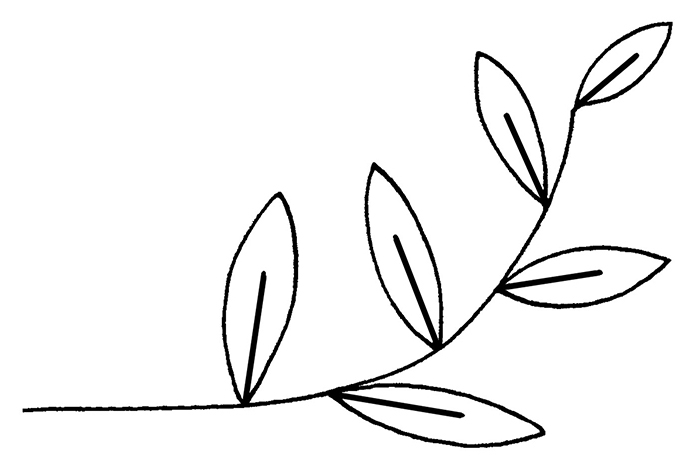 , with erect and creeping stems; adventitiousadventitious:
, with erect and creeping stems; adventitiousadventitious:
(adj) of an organ growing where it is not normally expected, e.g., roots growing from a stem
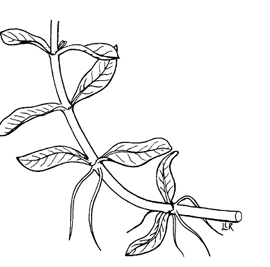 roots produced from individual nodes along stem as it lengthens; creeping (floating) stems may swell with aerenchymaaerenchyma:
roots produced from individual nodes along stem as it lengthens; creeping (floating) stems may swell with aerenchymaaerenchyma:
(n) plant tissue with large, gas-filled intercellular spaces that facilitates gaseous exchange and maintains buoyancy
for buoyancy. Leaves oppositeopposite:
(adj) (of leaves) two leaves per node; in pairs on opposite sides of an axis
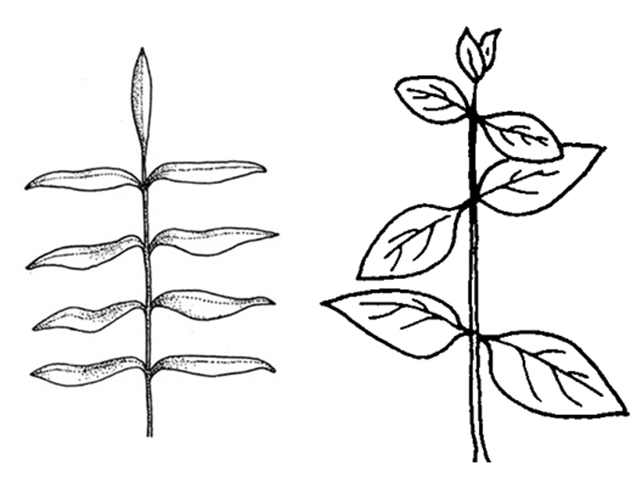 , decussatedecussate:
, decussatedecussate:
(adj) arranged along stem in pairs, with each pair at right angles to the pairs above and below
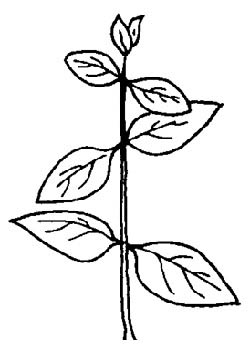 , sessilesessile:
, sessilesessile:
(adj) attached directly, without a stalk
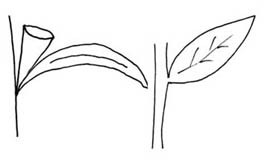 , lanceolatelanceolate:
, lanceolatelanceolate:
(adj) lance-shaped; widest point below the middle, tapering to the apex
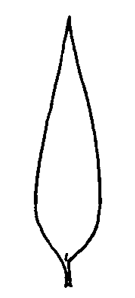 , ovateovate:
, ovateovate:
(adj) egg-shaped in outline; generally with the broad end at or near the base
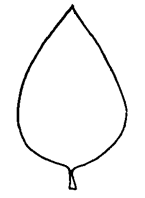 or obovateobovate:
or obovateobovate:
(adj) ovate, with the narrow end at the base
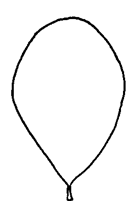 . Inflorescenceinflorescence:
. Inflorescenceinflorescence:
(n) the arrangement of flowers on the floral axis
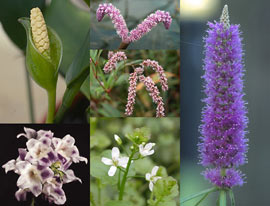 axillary or terminalterminal:
axillary or terminalterminal:
(adj) at the apex
, of sessilesessile:
(adj) attached directly, without a stalk
 or stalked, typically white, pink or purple heads. Perianthperianth:
or stalked, typically white, pink or purple heads. Perianthperianth:
(n) collective term for the calyx and corolla of a flower; also used for floral whorl(s) in which the calyx and corolla cannot be resolved; any of the leaves or bracts surrounding the sex organs of bryophytes
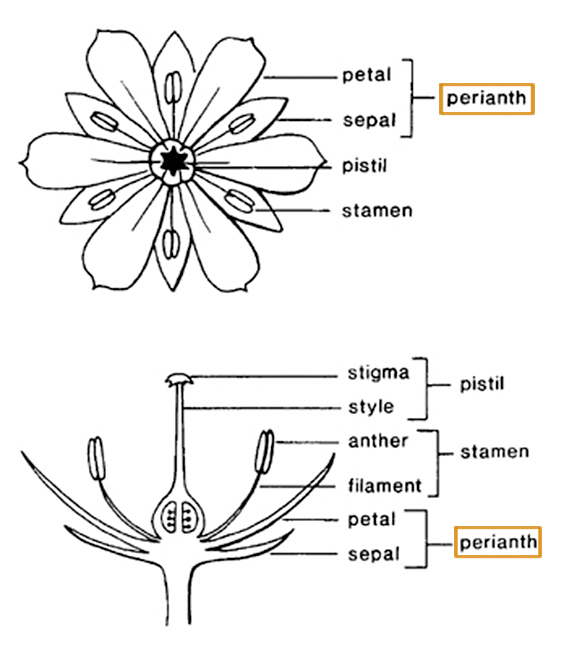 segments 5. Reproduces by seeds or stem fragments.
segments 5. Reproduces by seeds or stem fragments.
inhabits rivers, lakes, swamps; occasionally terrestrialterrestrial:
(adj) growing on land as opposed to living in water
Alternanthera comprises approximately 80-100 species, mostly from South America. The identity of species presently traded in the aquarium and pond plant industries is vague, with numerous varieties being produced and sold under commercial and existing taxonomic names (e.g., 'Lilacina' and ‘Rosaefolia’).